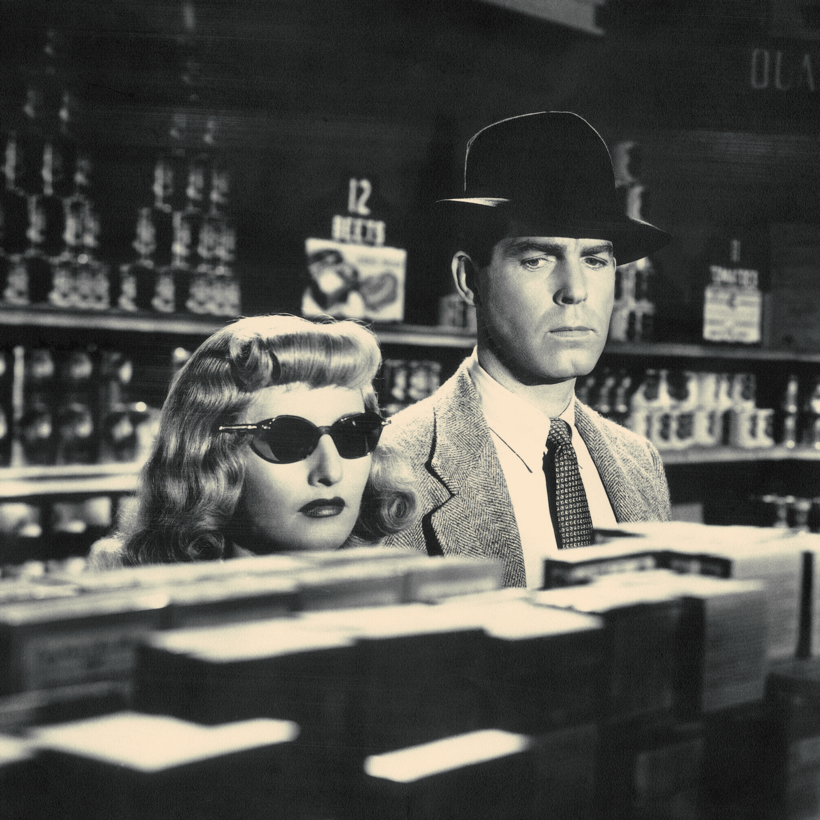What an ingenious idea. Imagine a plot to undermine the Nazi war machine shortly after Germany’s invasion of Poland, but this time the ragged team of adventurers is not made up of intrepid saboteurs or double agents. No, the group of misfits are a handful of lawyers and accountants and a sole economist secretly working for the Treasury Department above a dingy furniture store in Washington, D.C. Graham Moore, a best-selling novelist and screenwriter who won an Oscar for best adapted screenplay for The Imitation Game, weaves fact and fiction to wondrous effect in The Wealth of Shadows. Yes, every major character in the book existed, and is told from the perspective of the little-known Ansel Luxford, who, like a real Zelig, pops up in an amazing number of high-level meetings. Treachery awaits this plucky group as the war grinds on, but its feat of financing an Allied war machine before a neutral U.S. even entered the war remains a singular achievement. The Wealth of Shadows is historical fiction at its finest.
Is there a better film noir than Double Indemnity, the 1944 film based on the James Cain novel and starring Barbara Stanwyck and Fred MacMurray? The tale of the murderous wife and life-insurance salesman who team up to murder the husband and make it look like an accident to collect on his policy has inspired imitations, most notably Body Heatwith Kathleen Turner and William Hurt, but it has never been equaled. This book brims with fascinating detail about the making of the classic, including the fraught relationship between director Billy Wilder and co-screenwriter Raymond Chandler and the difficulties with censors. Mid-shoot, Wilder realized Stanwyck’s blond wig (re-used from a Marlene Dietrich film) made her look too tacky, but he had no choice but to stick with it. Pay close enough attention and you will spot Chandler in a cameo, sitting in a chair as MacMurray walks by the office of his boss.

